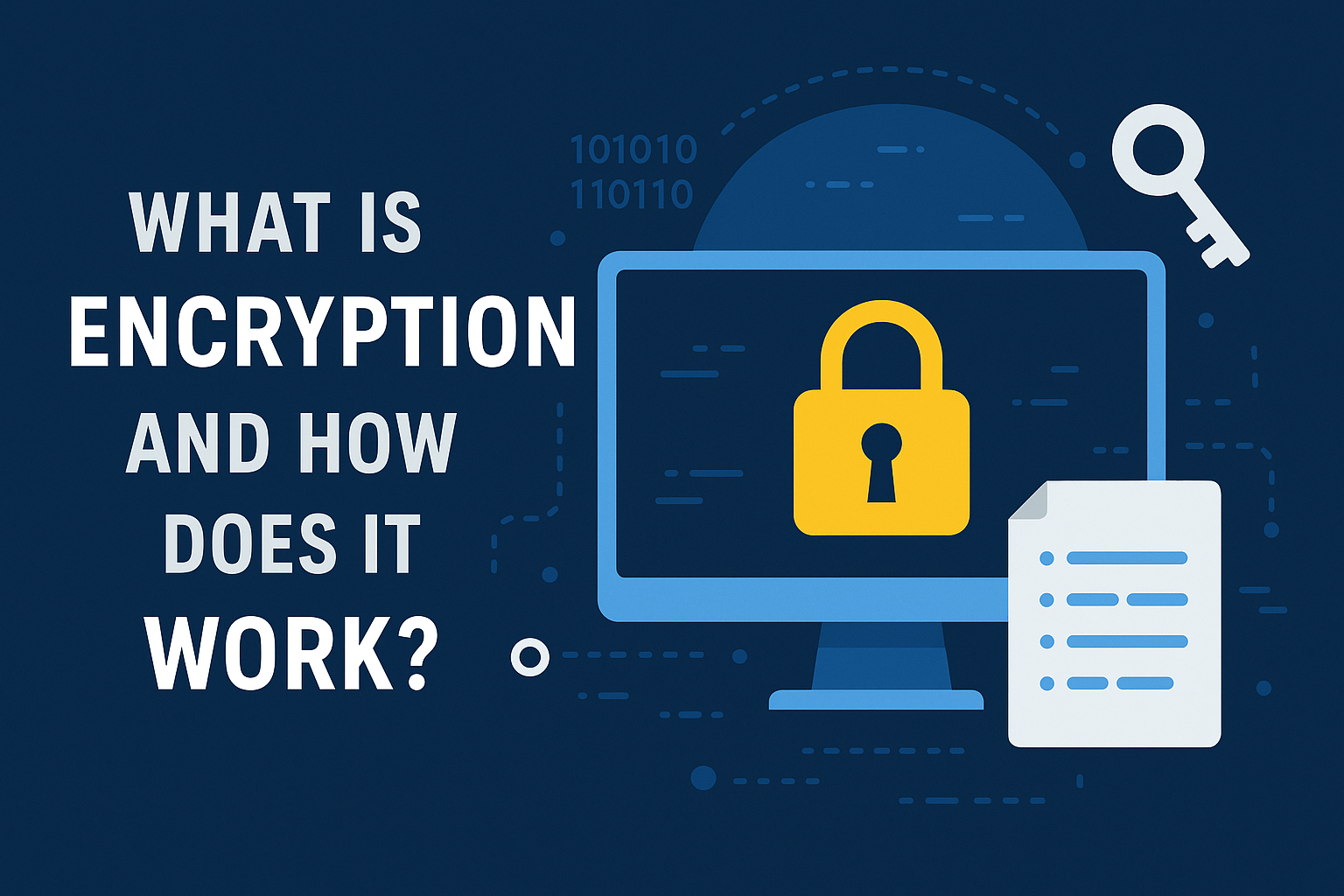Is Your Privacy Even Possible? The Harsh Truth About Today’s Internet

Introduction: The Illusion of Privacy
Most internet users believe they have a reasonable level of privacy online. Whether it’s by using incognito mode, private browsing, or a VPN, the assumption is that their data is hidden.
But this is far from the truth.
Even when you think you’re browsing anonymously, your every click, search, and scroll is being tracked. From tech giants like Google and Meta to your Internet Service Provider (ISP), and even third-party data brokers—everyone is watching.
According to Norton’s Cyber Safety Insights Report, the average user is tracked by over 1,500 data points every day. This includes:
- Your IP address and location,
- Browsing habits, including which pages you visit and for how long,
- Your device information, such as the browser type and operating system,
- And even your purchase preferences.
The notion of privacy on today’s internet is nothing more than an illusion.
How the Internet Tracks You – Even When You Think It Doesn’t
Even if you avoid social media, refuse to sign in to your Google account, or use a VPN, you are still being tracked through various methods that are nearly impossible to escape.
1. IP Address and Location Tracking
Every device connected to the internet has a unique IP address, which reveals your:
- Geographical location, including your city and ZIP code,
- Device type, whether it’s a phone, tablet, or laptop,
- ISP details, which can be used to infer your region.
Websites automatically log your IP address, making it easy to monitor your movements across the web, even without cookies or trackers.
2. Cookies and Behavioral Trackers
Websites deploy cookies—small data files that track and store your behavior. Even after you leave a website, tracking cookies continue to follow you across the internet.
Platforms like Facebook and Google use these cookies to build detailed user profiles, allowing them to track you across millions of sites.
Example:
Facebook tracks users across 8.4 million websites, even if they’re not logged in.
3. Device Fingerprinting
Even if you use incognito mode or a VPN, websites can still identify you through device fingerprinting.
By collecting data such as:
- Screen resolution,
- Operating system,
- Browser version,
- Time zone, and more,
websites create a unique fingerprint of your device.
Shockingly, even privacy tools struggle to protect against this. Research shows device fingerprinting can identify users with 90–99% accuracy.
Who’s Watching You? (Tech Giants, ISPs, and Governments)
1. Tech Giants: Google, Facebook, and Amazon
Big tech companies track you relentlessly, monetizing your data for advertising.
Google, for example, tracks:
- Your search history, even in incognito mode,
- Your YouTube viewing habits,
- Your location—even when location services are turned off.
According to Statista, Google alone accounts for 28% of the global digital ad market, profiting from the vast troves of personal data it collects.
2. Internet Service Providers (ISPs)
ISPs have a privileged view of your browsing activity.
They can:
- Monitor every website you visit,
- Log your online activity,
- And even sell your browsing history to third parties.
In countries like the United States, ISPs such as Comcast and AT&T are legally allowed to sell your data without consent.
3. Governments and Mass Surveillance
Governments, too, are watching.
Agencies like the NSA (National Security Agency) in the US and GCHQ in the UK run mass surveillance programs that collect online data.
Case Study:
In 2013, Edward Snowden exposed how the NSA was spying on millions of Americans’ digital communications without warrants.
Even today, surveillance programs continue to operate under the guise of national security.
The Myth of “Free” Internet – You Are the Product
The concept of a “free” internet is deceptive. When you use platforms like Facebook, YouTube, or Instagram without paying, you are not the customer—you are the product.
These companies offer free services while monetizing your data through targeted advertising.
For example:
- Google generates over $200 billion annually through ad revenue, powered by the data it collects.
- Facebook collects and sells data on:
- Your likes, comments, and shares,
- Your location and check-ins,
- Your browsing history (even outside the platform).
The Deception of Private Browsing and Incognito Mode

Incognito mode creates a false sense of security.
While it prevents your local browser history from being saved, it does not stop:
- ISPs from tracking your activity,
- Websites from recording your IP address,
- Or Google from monitoring your searches.
In fact, Google faced a $5 billion lawsuit for allegedly tracking users in incognito mode.
The Truth About VPNs:
While VPNs offer some level of anonymity by masking your IP address, they are not foolproof.
- Some VPNs log your activity and sell your data.
- Others suffer from DNS leaks, accidentally exposing your real IP.
Example:
Hola VPN was caught selling user bandwidth to third parties, putting its users at risk.
Real-World Privacy Breaches That Prove You’re Always Being Watched
Privacy breaches are no longer rare incidents—they’re regular occurrences.
1. The Cambridge Analytica Scandal
In 2018, Cambridge Analytica used the personal data of 87 million Facebook users without consent.
The firm used this data to manipulate elections by targeting voters with personalized ads.
2. Google’s Location Tracking Controversy
Even after users disabled location tracking, Google continued to track them.
In 2022, the company paid a $391.5 million fine for misleading users.
3. India’s Aadhar Data Breach
The Aadhar database in India, containing sensitive biometric and identity data, suffered several leaks, exposing millions of citizens’ information.
Can You Truly Achieve Internet Privacy? (Harsh Reality)
Here’s the harsh reality:
- 100% privacy on the internet is impossible.
- Even the best privacy tools—VPNs, Tor, and encrypted browsers—cannot guarantee complete anonymity.
Governments, corporations, and ISPs collect, store, and monetize your data.
Fact:
Even with a VPN, you can be exposed through DNS leaks, WebRTC vulnerabilities, and device fingerprinting.
How to Maximize Your Privacy (Practical Tips)
While complete anonymity is unachievable, you can reduce your exposure by following these steps:
✅ Use a No-Log VPN:
- Opt for trusted VPNs like ProtonVPN, Mullvad, or NordVPN.
- Ensure they have a strict no-logs policy.
✅ Use Privacy-Focused Browsers:
- Brave or Mozilla Firefox offer better privacy than Chrome.
- Avoid using Google Chrome, as it tracks user data extensively.
✅ Disable Tracking:
- Enable “Do Not Track” requests in your browser settings.
- Use privacy extensions like uBlock Origin or Privacy Badger.
✅ Use Encrypted Messaging:
- Switch to Signal or Telegram instead of WhatsApp.
- These apps offer end-to-end encryption, protecting your messages.
Conclusion: Privacy Is a Myth – But You Can Minimize Your Exposure
Complete privacy on the internet is a myth.
- Your data is constantly being tracked, stored, and sold.
- However, by using the right tools and privacy practices, you can reduce your exposure.
Key Takeaway:
“If you’re not paying for the product, you are the product.”
Your privacy is worth protecting. Start taking it seriously.
FAQs
1. Can you truly be anonymous online?
No. 100% anonymity online is impossible. Even with VPNs, encrypted browsers, and privacy tools, your IP address, device fingerprint, and metadata can still be tracked by ISPs, governments, and tech companies.
2. Does incognito mode protect your privacy?
No. Incognito or private browsing only prevents your local device from saving your browsing history. However, ISPs, websites, and trackers can still monitor your activity.
3. Are free VPNs safe?
Most free VPNs are unsafe. Many log your activity and sell your data to third parties. If you are serious about privacy, choose a reputable, no-log VPN like ProtonVPN, Mullvad, or NordVPN.
4. Can social media platforms track you even when you’re logged out?
Yes. Platforms like Facebook and Google use tracking cookies and pixel tags to follow your activity across the web—even when you’re logged out.
Loading newsletter form...






